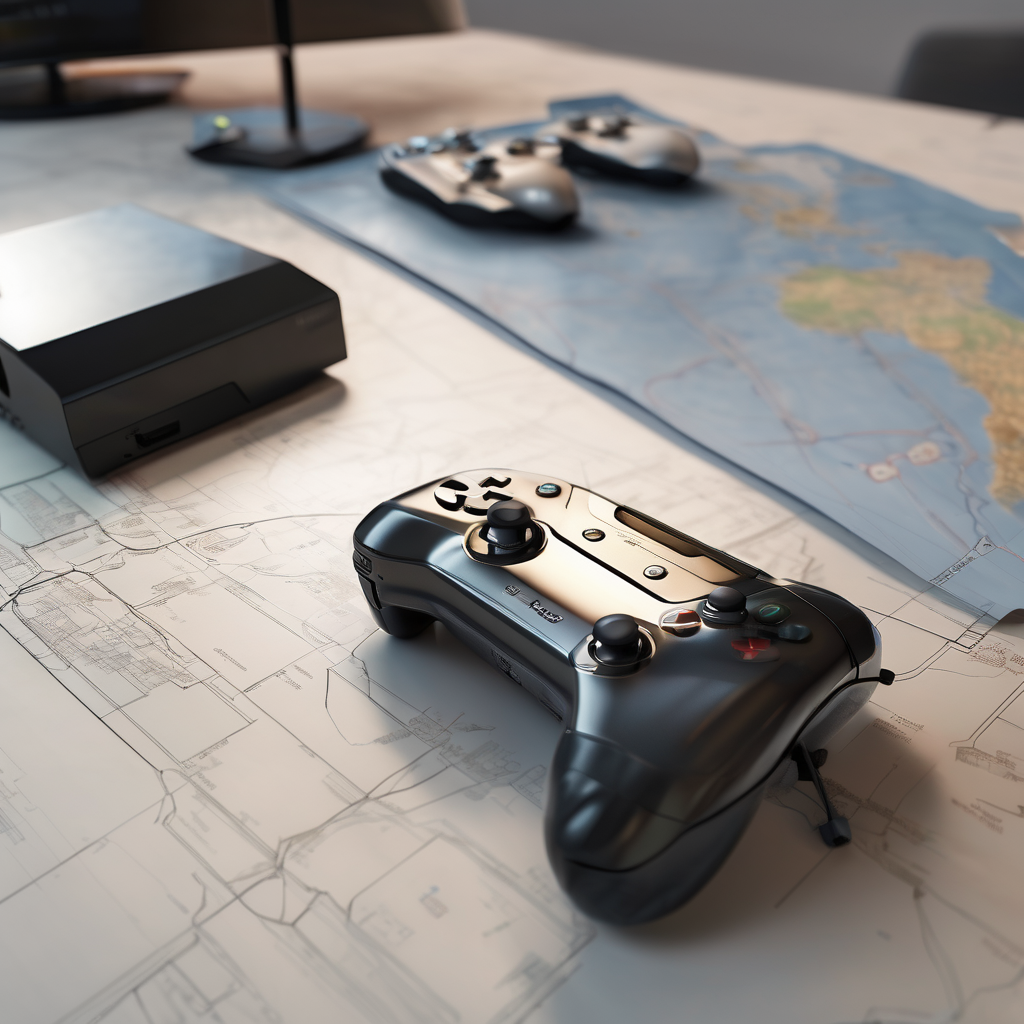In recent years, the traditional wisdom that purchasing a game console at launch is a poor decision due to the typically high prices and limited game availability has been turned on its head. Those who invested early in the current generation of consoles are now looking like savvy customers, as the cost of video game consoles continues to rise. This trend is particularly troubling given the ongoing shifts in the gaming industry.
The principal cause of escalating console prices is no mystery, despite the industry’s attempts to obscure it with vague terms like “macroeconomic changes” or “market conditions.” The true culprit is tariffs, which affect a broad range of goods, with video game consoles being particularly sensitive to such changes.
Traditionally, consoles have become less expensive over time. For instance, in 2016, both Sony and Microsoft introduced cheaper, more compact versions of their consoles, followed by Nintendo’s release of the Switch Lite. However, this trend has been disrupted in recent years. Costs have not decreased as expected; instead, newer models introduce modest changes but maintain the same price point as their predecessors.
The reluctance of consoles to decrease in price complicates matters for consumers who missed initial release prices. Moreover, it challenges an industry already undergoing significant changes. The once-prevalent “console wars” are fading. Cross-platform titles and subscription services like Game Pass are blurring the distinctions between systems, while options like the Steam Deck offer alternatives outside traditional consoles. With players increasingly engaging with games like Minecraft, Fortnite, and Roblox on multiple platforms, the idea of purchasing expensive hardware for expensive exclusives seems outdated.
While it’s premature to declare conventional consoles obsolete, and tariffs aren’t their direct downfall, the price increases are hastening the industry’s transformation. Consoles risk becoming niche luxury products rather than mainstream gaming platforms, making it difficult to attract new players without a mid-cycle price reduction.
Consequently, for those hoping to invest in the latest consoles, waiting might not be the best strategy. The current climate suggests acting sooner rather than later to secure devices like the anticipated Switch 2.
